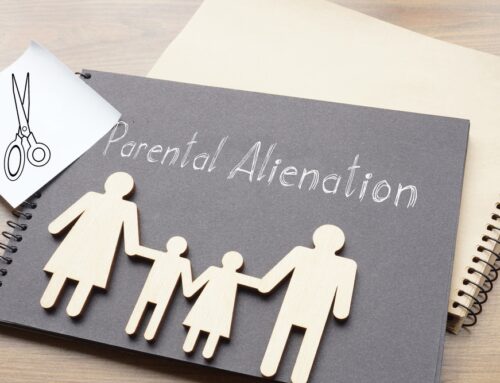Sadly at the end of marriage or a relationship there can be disagreement as to what the arrangements for the children are to be. We have to ask therefore how such disagreements are resolved and just what factors the law will take in to account, in this most difficult and sensitive area.
The first and most important thing to remember is that in all questions regarding children, the interests of the children must be put first, even where there is considerable animosity between the parents. The child’s welfare is the paramount concern.
In the event of a dispute how is a resolution to be found? Most often the starting point will be talking to us and obtaining advice which is tailored to your individual circumstances, each case is different there is no one size fits all. The first contact with your former partner will normally be by way of a letter explaining your proposals and seeking agreement. In the majority of cases if agreement can not be reached informally then a referral to mediation may be necessary and indeed beneficial. In fact before an application can be made to court in most case the law requires such an attempt at mediation to be made.
Unfortunately agreement is not always possible and so an application to the court is needed. The court will be asked to make a Child Arrangements Order setting out where the children should live, who they should see and for how long. We no longer talk of custody, residence or contact, but rather child arrangements.
If an application is made, the court considers whether it is in the best interests of the child to make an order. The court must also consider a shopping list of ideals; know as the “Welfare Check list” this includes:
i) The ascertainable wishes and feelings of the child, in light of their age maturity and understanding
ii) The child’s physical, emotional and education needs
iii) The likely effect on the child of any change in their circumstances
iv) The child’s age, sex, background and any characteristics of the child the court considers relevant
v) Any harm the child has suffered, or is at risk of suffering
vi) How capable each of the child’s parents is of meeting his needs
vii) The range of powers available to the court
Sometimes the court will ask a body know as CAFCASS to assist it in making a decision. CAFCASS will do this by interviewing all the parties and, if they are old enough, the child, before making a report to the court. This report will carry a great deal of weight with the judge. If agreement still can not be reached it is up to the court to hold a hearing and for the judge to decide the most appropriate order. All court orders are binding on all of the parties.
Child Law can be very complex and difficult to navigate, during what is bound to be a very stressful time. Here at Beeston Shenton we have a dedicated team of highly experienced solicitors committed to securing the best possible outcome for you and your children. When it comes to child law we have experience of the most complex of cases, including international child abduction and High Court applications concerning serious medical treatment of children. This is in addition to a vast experience of cases involving the settling of child arrangements upon the break down of a relationship.




